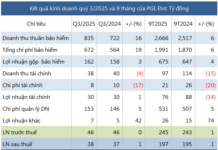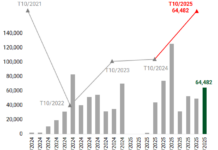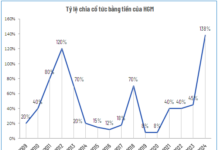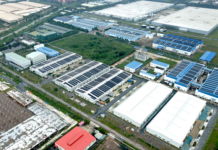In recent years, numerous cases of unauthorized construction on others’ land have been reported in various localities, sparking public outrage. In some instances, despite landowners filing complaints and authorities issuing citations, the construction continues unabated. What does the law say about this? Can criminal charges be pressed?
Article 105 of the 2015 Civil Code defines “Property as objects, money, valuable papers, and property rights.” Consequently, land use rights are considered protected property rights. Unauthorized construction on someone else’s land directly violates these rights. Landowners can seek court intervention to mandate demolition, restoration of the original state, and compensation for damages.
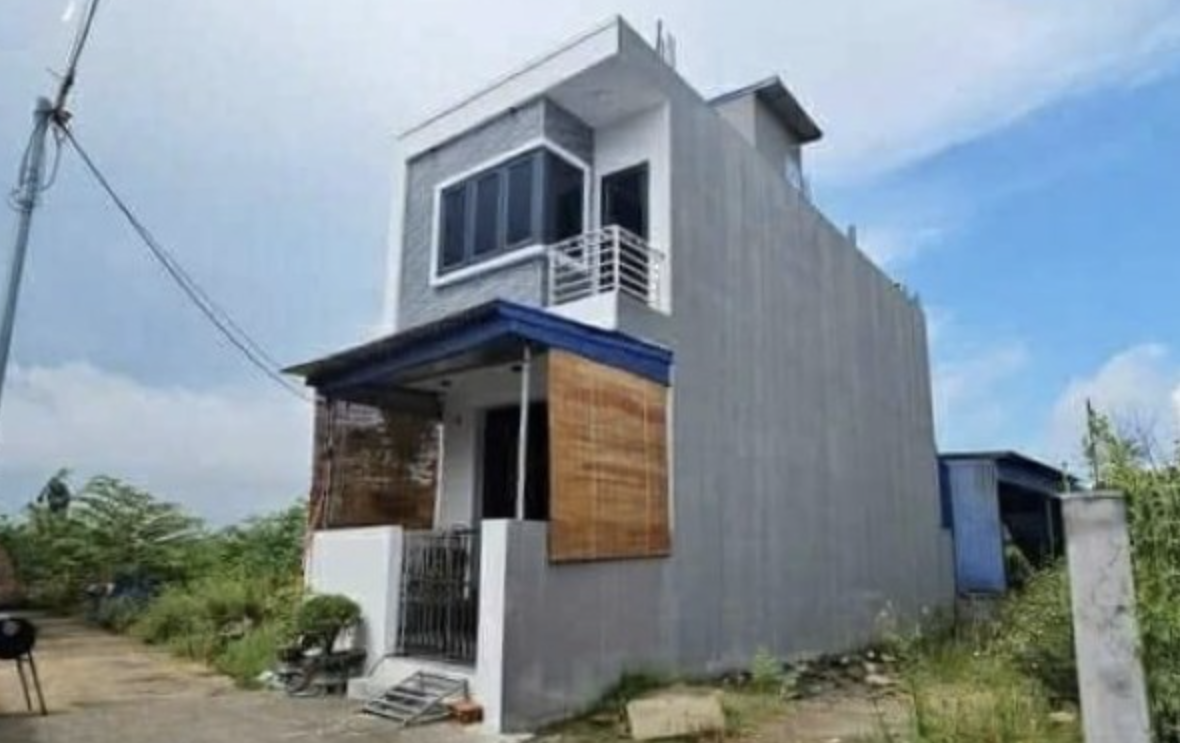
A two-story house mistakenly built on another’s land in Thien Huong Ward, Hai Phong
Additionally, Clause 10 of Article 16 in Decree 16/2022/NĐ-CP outlines administrative penalties for unauthorized construction, encroachment, and illegal use of managed spaces. Penalties include:
– Fines ranging from 80 to 100 million VND for unauthorized construction of private residences.
– Fines from 100 to 120 million VND for such constructions in conservation areas, historical sites, or other protected zones.
– Fines from 180 to 200 million VND for projects requiring feasibility studies or economic-technical reports.
When does unauthorized construction on others’ land become a criminal offense?
Current laws clearly distinguish between civil, administrative, and criminal liabilities. Not all unauthorized constructions lead to criminal charges, but certain criteria can trigger criminal proceedings.
1. Severe Violation of Land Use Rights
– Article 228 of the 2015 Penal Code states: Individuals encroaching on land, transferring land use rights, or using land illegally, after being administratively penalized or convicted for similar offenses, face fines from 50 to 500 million VND, non-custodial reform for up to 3 years, or imprisonment from 6 months to 3 years.
– For offenses under Clause 2 of Article 228, fines range from 500 million to 2 billion VND, or imprisonment from 2 to 7 years.
– Key indicator: Recidivism, disregarding prior penalties.
2. Significant Property Damage
– Article 178 of the Penal Code applies if construction damages the landowner’s property (infrastructure, crops, existing structures) beyond legal thresholds. Criminal charges may follow if damage exceeds 50 million VND or falls under Clause 1 of Article 178, with penalties including fines from 10 to 50 million VND, non-custodial reform for up to 3 years, or imprisonment from 6 months to 3 years.
– Damage exceeding 500 million VND can result in 10 to 20 years’ imprisonment.
3. Defiant and Law-Challenging Behavior
– Continued construction after citations and work stoppages may be deemed intentional criminal conduct.
– Common signs: Nighttime construction, obstructing officials, and open defiance.
4. Illegal Seizure or Encroachment
– Articles 170, 176, 177 of the Penal Code apply if the act involves unlawful possession or encroachment. Using the structure to occupy land, prevent access, or profit through rental or sale constitutes a criminal offense.
5. Beyond “Civil Disputes”
– Boundary disputes or errors are typically resolved through civil litigation.
– However, premeditated, organized, and severely damaging acts are subject to criminal prosecution.
Preliminary statistics from several localities indicate dozens of annual disputes related to unauthorized construction. While lax enforcement is partly to blame, some individuals deliberately flout the law, adopting a “build first, deal later” mindset.
Clearly, unauthorized construction on others’ land cannot be dismissed as a mere “civil dispute.” Given the recurrence of such cases, the law must be rigorously enforced, including criminal measures, to uphold justice. Only then can landowners’ rights be protected and legal authority reinforced.











